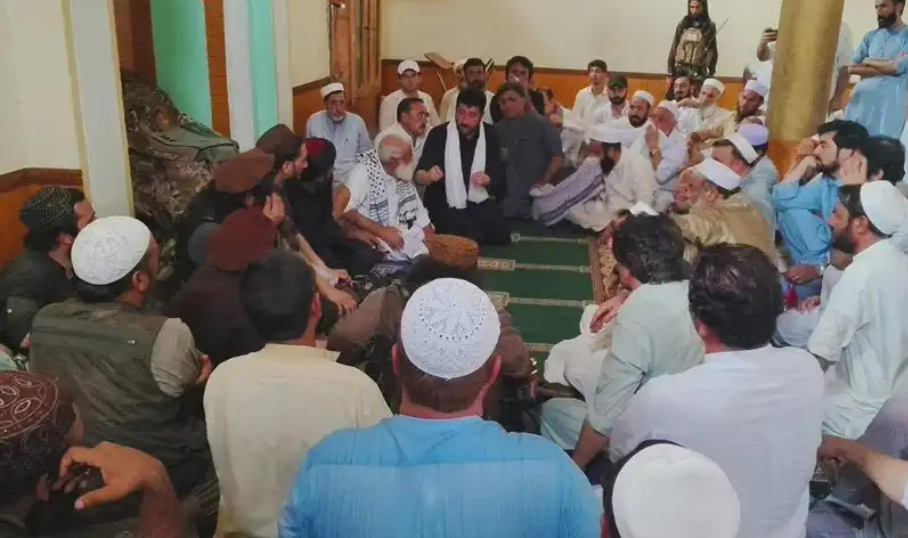Islamabad signs truce with Pakistani Taliban, but peace talks are stalled
A peace jirga, composed of village leaders and Taliban representatives, has initiated a dialogue between Islamabad and Tehreek-i-Taliban Pakistan, which, however, is demanding control of the tribal areas on the border with Afghanistan without leaving the country. The ceasefire agreement reached so far is limited and lacks official guarantees, but above all, the local population's distrust of the government remains high.
Islamabad (AsiaNews) - Pakistan is trying to come to terms with the Pakistani Taliban (TTP) in an attempt to resolve its internal terrorism problem. Starting on July 31, a “peace jirga,” or assembly of elders and village leaders, was held in Bajaur, in the province of Khyber Pakhtunkhwa, which was also attended by representatives of the terrorist group.
“We have asked the armed groups to return to Afghanistan or, if they intend to fight, to leave the populated areas and move to the mountains,” a member of the assembly said at a press conference.
According to the local English-language newspaper Dawn, after the meeting, which was attended by 50 people, the parties agreed to a ceasefire until the conflict is completely resolved through further talks, which resumed yesterday with the support of several Muslim leaders after a one-day break.
According to what has been agreed so far, Tehreek-i-Taliban Pakistan has promised to withdraw from “civilian areas” but not to completely abandon the Bajaur district, which is part of Pakistan's Federally Administered Tribal Areas (FATA).
These are regions inhabited mainly by ethnic Pashtuns, which were merged in 2018 with the larger province of Khyber Pakhtunkhwa, but which the Taliban claim for themselves. The TTP aims to establish an Islamic emirate in Pakistan modeled on the one their Afghan “cousins” have created in Kabul, which is why their attacks mainly target state representatives.
However, as reported by Khorasan Diary, the situation after the talks is actually at a standstill: “No decision could be taken,” a member of the jirga told the newspaper, adding that they would report the TTP's demands to the government.
The Pakistani Taliban, in fact, after consulting with their leadership in Afghanistan, said they had no intention of leaving Pakistan for Afghanistan, added that they would not attack unless attacked, demanded that government forces not travel in convoys, and concluded by saying that no weapons would be allowed to pass through the tribal districts, while supplies to the security forces would be managed by local assemblies.
According to Friday Times, the situation is worrying because, despite several days having passed since the conclusion of the talks, there has been no official government statement on the matter. No details of the agreement have been released, nor have the measures that will be implemented to comply with the decisions taken so far.
Furthermore, the ceasefire only applies to the Bajaur district (where the Islamabad government itself launched Operation Sarbakaf a week ago despite opposition from the local governor), but TTP terrorist violence has affected several areas of Khyber Pakhtunkhwa in recent years that do not appear to be involved in the agreements.
The local population, in general, finds it difficult to trust the proposals coming from Islamabad: in the past, ‘peace committees’ were set up with their own local militias, but they did not receive the necessary support from the state when the time came to confront the Pakistani Taliban.
Many fear that the establishment of a local jirga could end in the same way, with terrorist groups targeting young people who try (and have tried in the past) to oppose the TTP. Over the past 12 years, hundreds of former members of local militias have been targeted by terrorist attacks.
The region is plagued by insecurity: several research centers have long reported an increase in violence in Khyber Pakhtunkhwa and Baluchistan, and last week local residents asked security forces not to abandon the region for fear of new armed conflicts.







.png)










